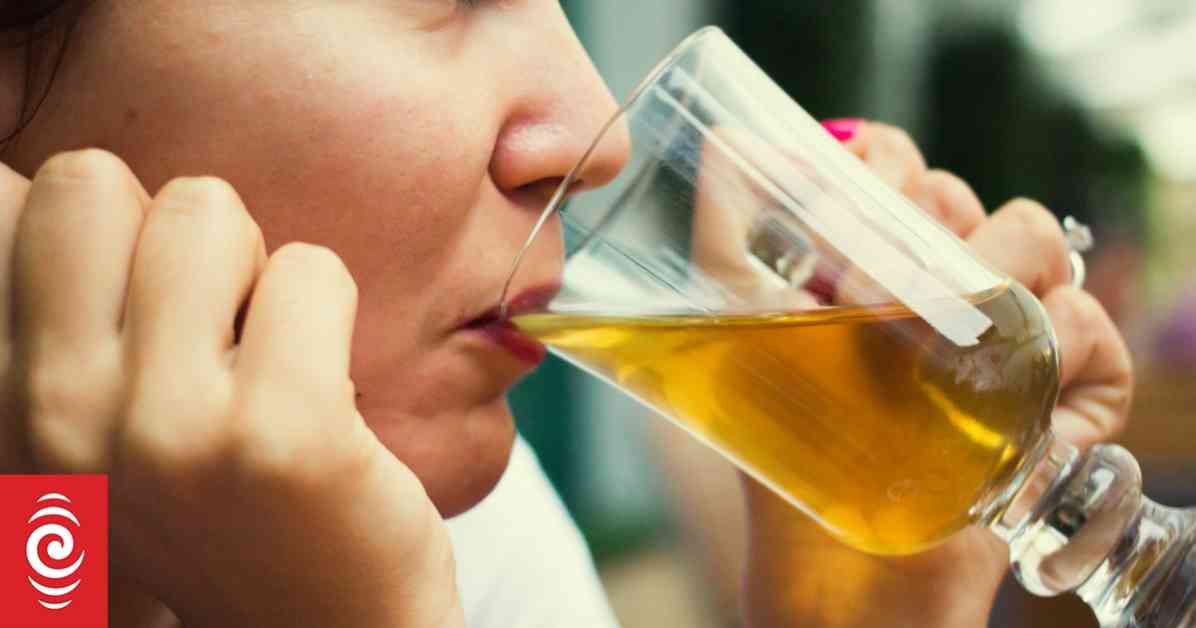Calls for Alcohol Warning Labels Increase Following US Announcement
In a groundbreaking move, Surgeon-General Vivek Murthy of the United States has called for a reassessment of alcohol consumption guidelines. The Surgeon-General emphasized the need for alcoholic drinks to carry a warning about the risks of cancer on their labels, shedding light on a critical health issue that has long been overlooked.
Experts Highlight the Impact of Alcohol on Cancer
University of Otago researcher Dr. Anja Mizdrak revealed a staggering statistic – over 1000 cases of cancers in New Zealand are directly linked to alcohol consumption each year. Shockingly, moderate drinkers were also among those affected, challenging the common misconception that only heavy drinking poses a risk.
Dr. Mizdrak emphasized the importance of warning labels on alcohol products to raise awareness about the cancer risks associated with consumption. However, she also highlighted the need for additional measures, such as reducing availability, increasing taxes, and banning alcohol marketing, to combat alcohol-related harms effectively.
Government’s Response to Alcohol Warning Labels
Health Minister Dr. Shane Reti acknowledged the significance of addressing alcohol-related harm and prevention. The government is committed to implementing new initiatives aimed at lowering the prevalence of fetal alcohol spectrum disorder and promoting alcohol-free pregnancies through the “Nurture the Future Within” campaign.
Labour’s health spokesperson, Dr. Ayesha Verrall, supported the idea of warning labels to educate the public about the risks of alcohol consumption. She emphasized the need for a comprehensive approach to raising awareness about alcohol’s contribution to cancer rates, considering all available methods to tackle this pressing issue.
Industry Response and Moving Forward
Despite the growing calls for alcohol warning labels, the NZ Alcohol Beverages Council executive director, Virginia Nicholls, expressed opposition to the idea. Nicholls argued that warning labels may not effectively change drinking behaviors and fail to differentiate between responsible and hazardous drinking.
As the debate around alcohol warning labels continues, it is crucial for policymakers, health experts, and the public to engage in informed discussions on the best strategies to address alcohol-related harm and promote public health. With cancer prevention at the forefront, the need for comprehensive measures to tackle alcohol consumption is more pressing than ever.
Now, imagine walking into a bustling social gathering, surrounded by laughter and clinking glasses. You reach for a drink, unaware of the hidden risks lurking in that innocent-looking beverage. What if that glass held not just a moment of relaxation but also a potential threat to your health? The call for alcohol warning labels is not just about information; it’s about empowerment, enabling you to make informed choices for your well-being amidst the sea of temptations. So, the next time you raise a toast, remember – knowledge is the first step towards a healthier tomorrow.

















